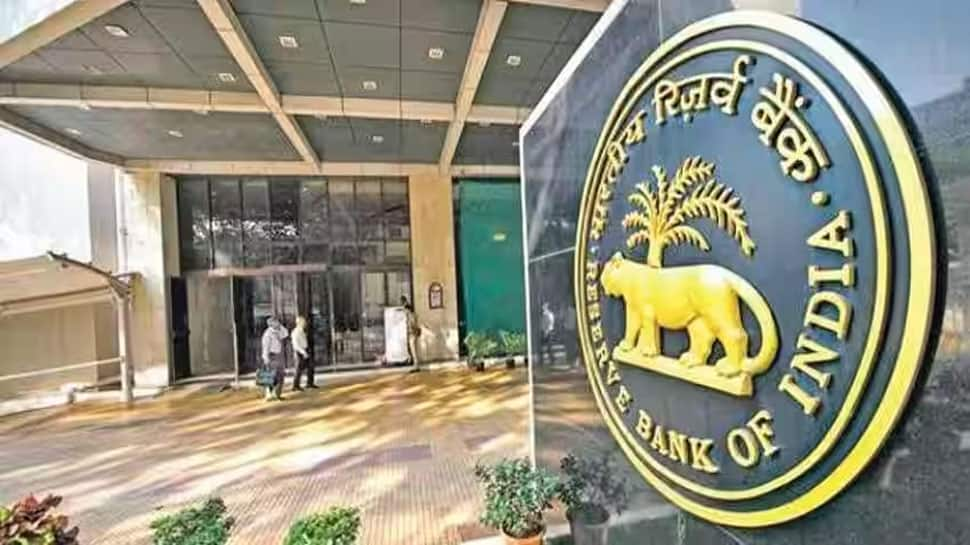Key Takeaways
- CPI inflation drops to 0.25% in October, hitting new low
- Food inflation deepens to -5.02%, negative for fifth straight month
- GST rate cuts driving price reductions across sectors
- RBI revises FY2025-26 inflation forecast down to 2.6%
India’s retail inflation fell further to 0.25% in October, marking a significant decline as GST rate cuts continued to bring down prices across goods and services. The Consumer Price Index data released by the Ministry of Statistics shows inflation easing from September’s 1.54%, which was already an eight-year low.
Food Prices Continue Downward Trend
Food inflation plunged deeper into negative territory at -5.02% in October, compared to -2.28% in September. This marks the fifth consecutive month of negative food inflation, providing substantial relief to household budgets across the country.
An official statement attributed the decline to “the full month’s impact of the decline in GST, favourable base effect, and drop in inflation of cooking oils, vegetables, fruits, egg, cereals, footwear and transport and communication.”
GST Impact and Economic Outlook
The GST rate reductions implemented on September 22 are showing sustained impact on consumer prices. The inflation outlook for 2025-26 has improved significantly due to multiple factors including favourable base effects, good monsoon performance, healthy kharif sowing, adequate reservoir levels, and comfortable foodgrain buffer stocks.
RBI’s Revised Projections
The Reserve Bank of India’s Monetary Policy Committee has substantially revised its inflation forecast for FY2025-26 downward to 2.6% from the 3.1% projected in August. RBI Governor Sanjay Malhotra stated, “The recently implemented GST rate rationalisation would lead to a reduction in prices of several items in the CPI basket.”
Addressing journalists after the MPC meeting, Governor Malhotra emphasized that “the overall inflation outlook has turned even more benign in the last few months.” The central bank has revised average headline inflation projections lower from previous estimates of 3.7% and 3.1% to the current 2.6%.
Policy Implications
The sustained low inflation provides the RBI with increased policy space to support economic growth through potential interest rate cuts and monetary stimulus. Governor Malhotra confirmed that current macroeconomic conditions “have opened up policy space for further supporting growth,” indicating the possibility of accommodative monetary measures ahead.
Core inflation remains contained at 4.2% in August, while excluding precious metals, it stood at 3.0%. Fuel group inflation has remained stable, moving within a narrow range of 2.4-2.7% during June-August period.




